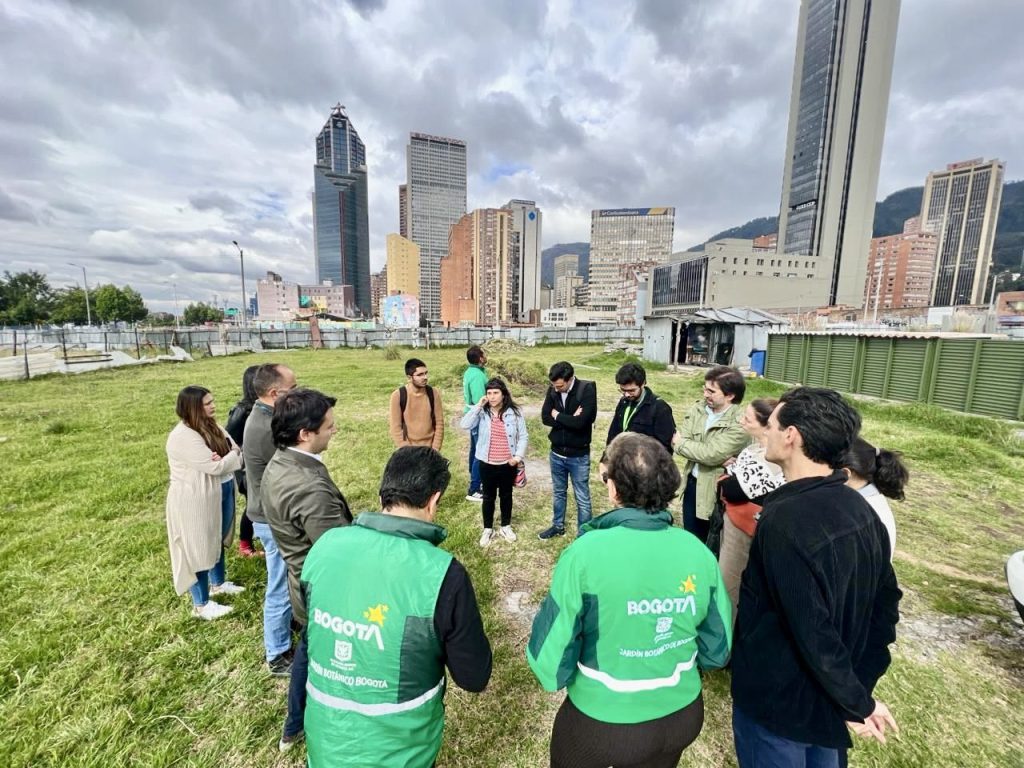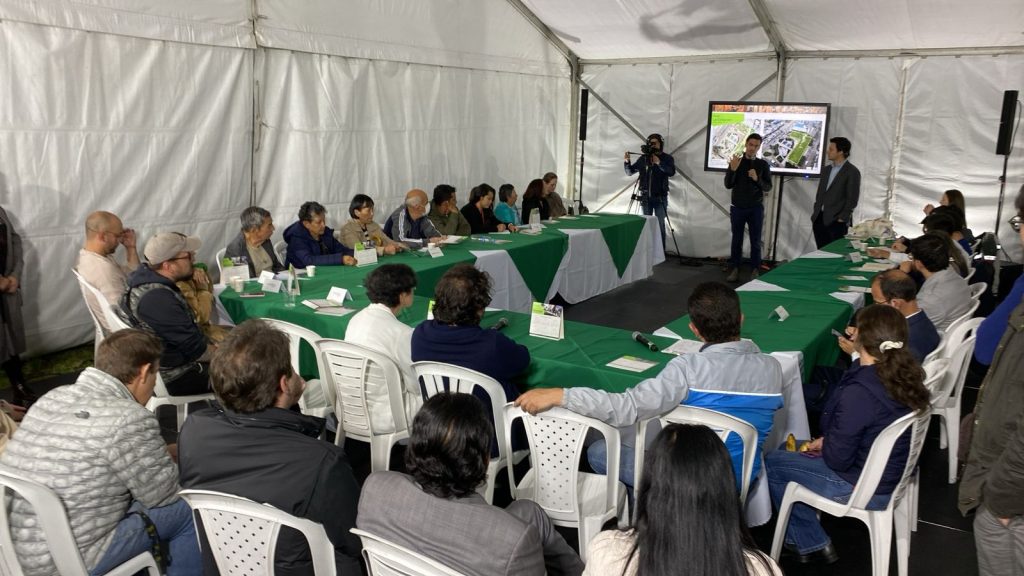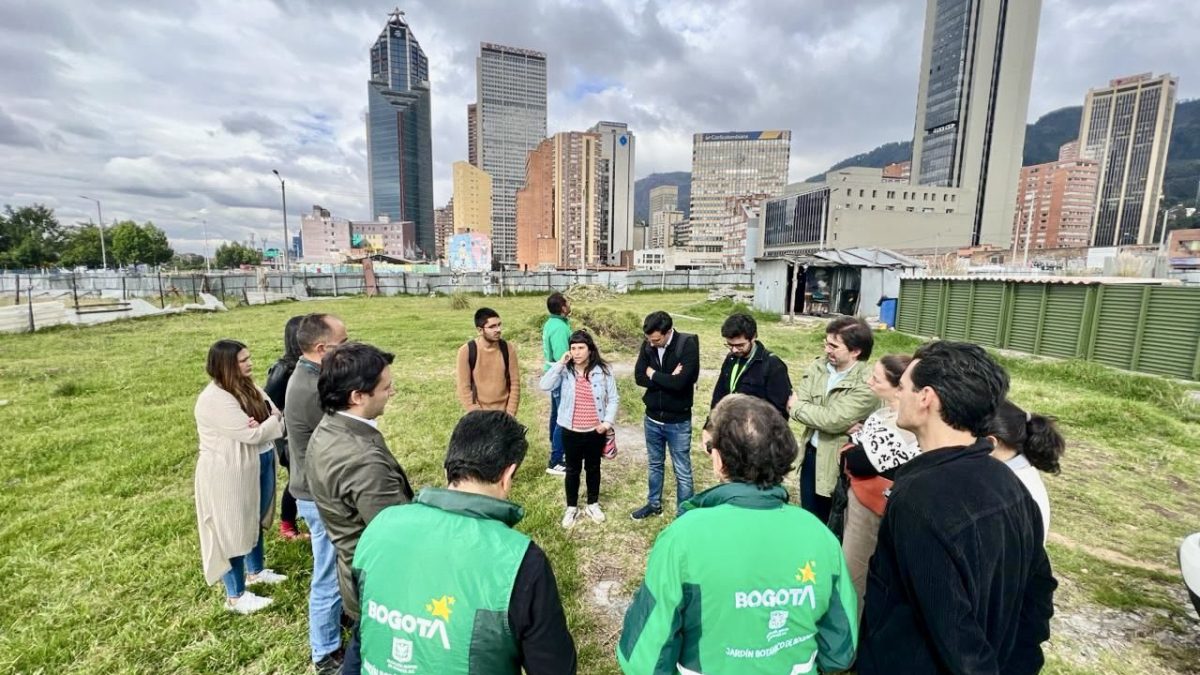Transforming Bogotá City through Temporary Urbanism
Bogotá, one of the Follower Cities of the euPOLIS project, which is represented by the Urban and Renewal Company of the city (RenoBo, formerly known as ERU) and Universidad de los Andes, under the leadership of Renobo, is making significant efforts to improve human well-being and catalyze economic development, aiming to consolidate Bogotá as a creating, caring, inclusive and sustainable city.

The innovative strategy of Temporary Urbanism is central to this endeavor, aligning with global trends in urban renewal and holding promise for delivering economic and social value by revitalizing public spaces within the cities. This approach aims to involve processes, practices, and policies that allow for the transformation of spaces in need of transition, thereby influencing the surrounding environments of the city (Andres & Zhang, 2020).
In alignment with this vision, RenoBo is advancing its Temporary Urbanism strategy in Bogotá, by occupying underutilized urban spaces before their transformation into permanent urban projects. The first pilot project will take place at the “La Estación” site, located in the northern part of Bogotá, to transform the territory into a multifunctional space that can address the changing needs of citizens, promote sustainability, social interaction, income generation, and opportunities for sustainable urban and economic development. The strategy for “La Estación” not only intends to create a physical space but also generate a positive impact on the community and local economy. Revitalizing this site is expected to improve the quality of life for residents, attract investment, promote employment, and contribute to the region’s economic growth.
The intervention proposal began on February 15th with a call to local stakeholders (i.e., the community surrounding the site) to discuss and ensure that their needs and desires regarding culture, entertainment, recreation, social management, and environmental aspects are considered at all stages of the project (refer to the photo below). By incorporating this valuable input, the goal is to move towards a proposal, where different private developers will be invited to undertake activities that align with the community’s needs and enhance the urban landscape while addressing concerns such as urban planning and security.

The second pilot project will take place at “Calle 24 con Avenida Caracas” in the downtown area of the city (See picture above). This area will be dedicated to the development of Nature-based Solutions (NbS) including the establishment of tree nurseries and urban gardens, in coordination with the Bogotá Botanical Garden. The primary objective in this area is to increase the availability and accessibility of public spaces and enhance the perceived sense of security by utilizing the territory thoughtfully.
The Temporary Urbanism in Bogotá aims to transform the urban landscape using a people-centric approach. This approach emphasizes the active involvement of various actors and stakeholders in urban development. The power of temporary interventions lies in their potential to enhance any or all the five key benefits of temporary urbanism: urban intensity, resilience, community engagement, innovation, and place identity. By leveraging these advantages, stakeholders will be mobilized and aligned to collaboratively foster enhanced urban environments for citizens.

